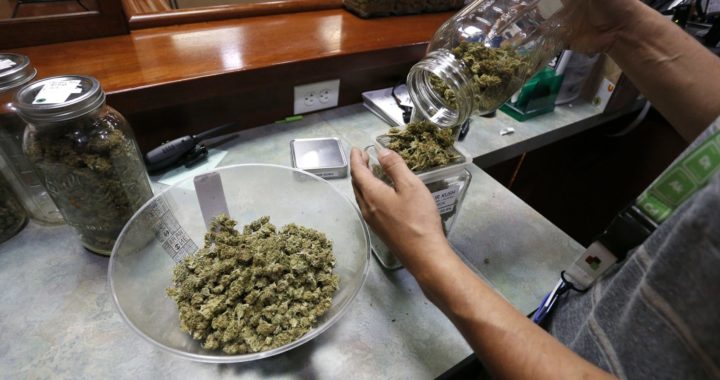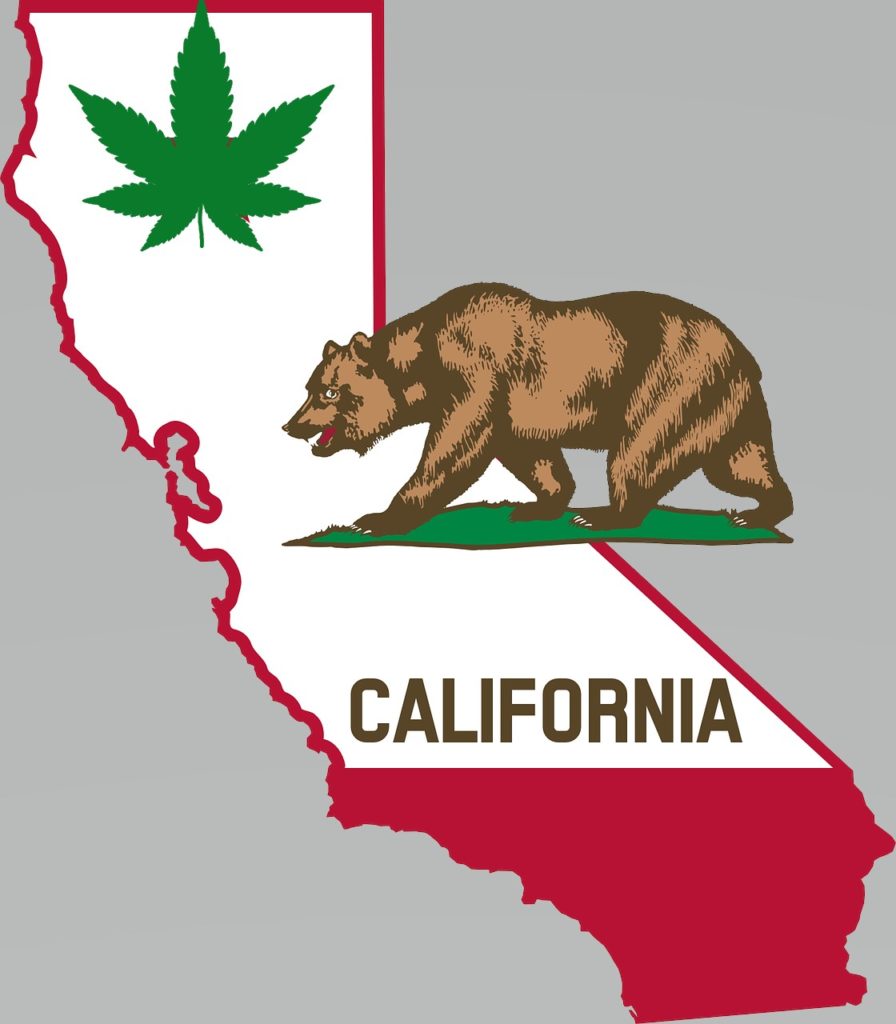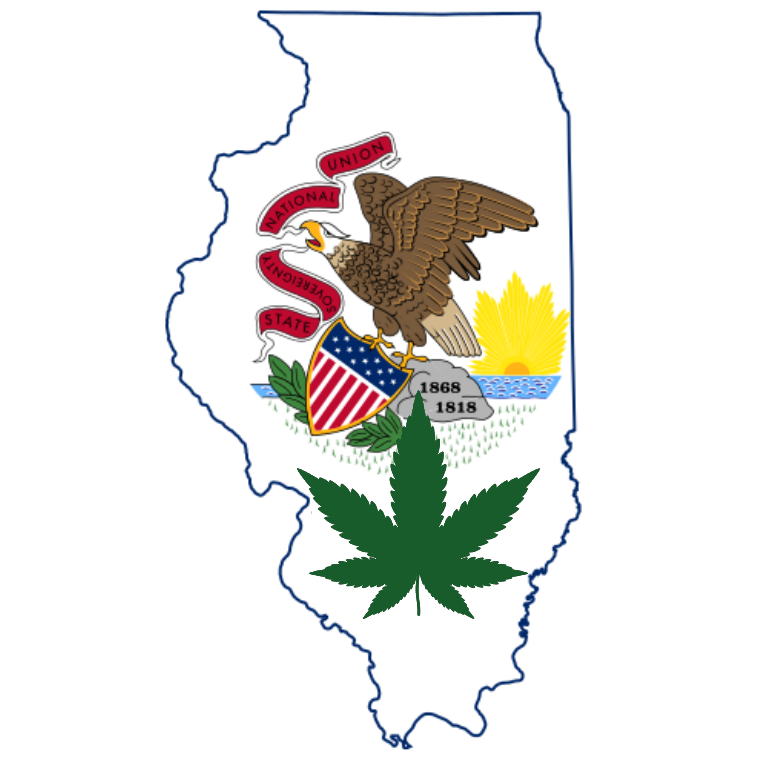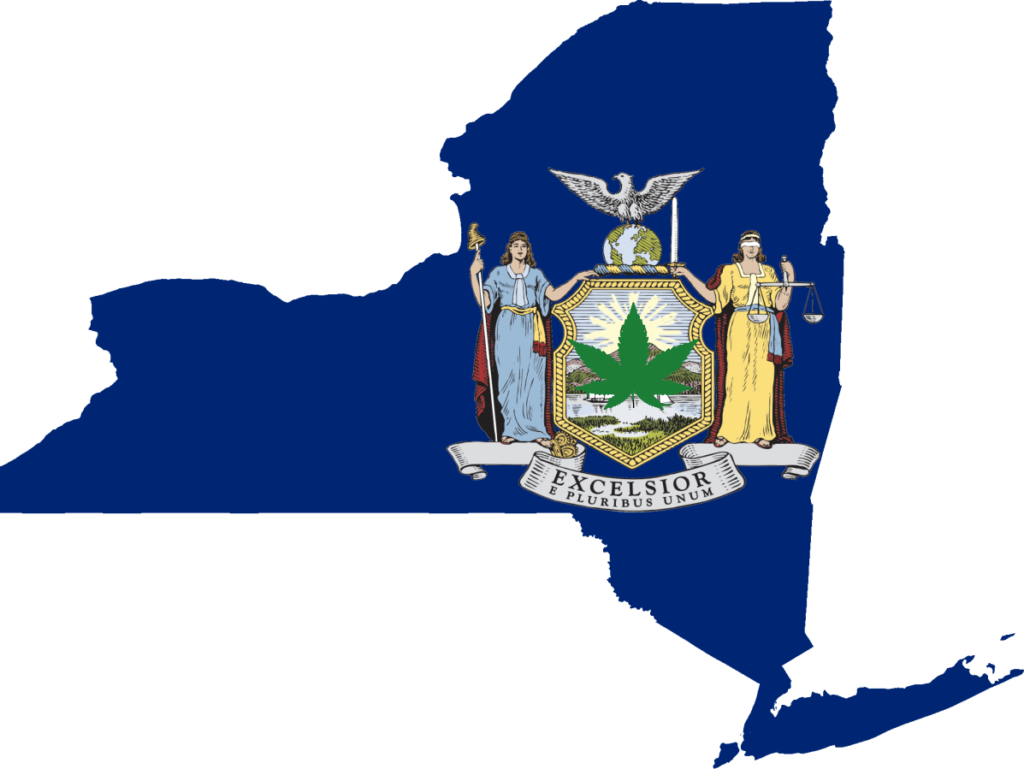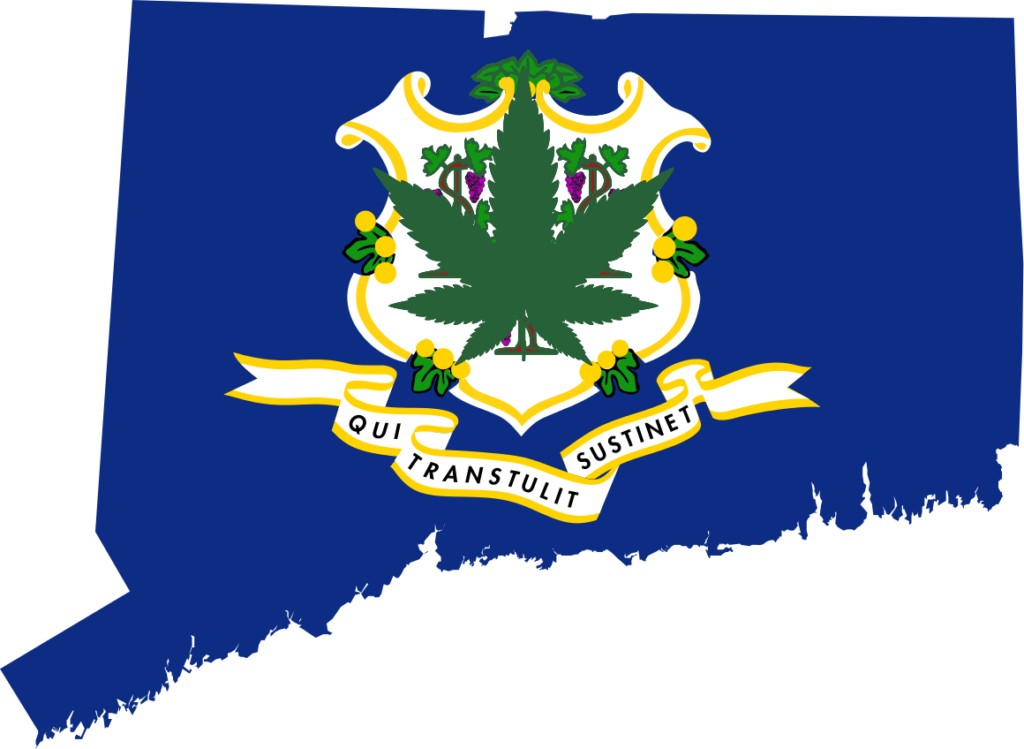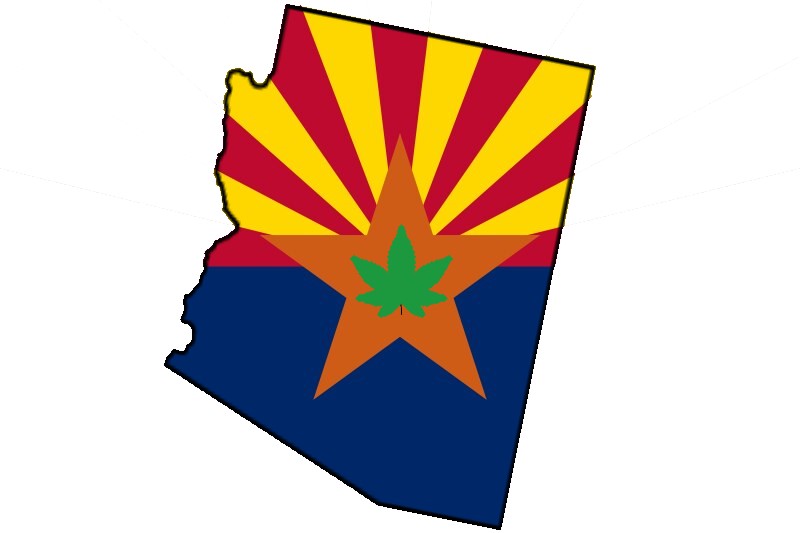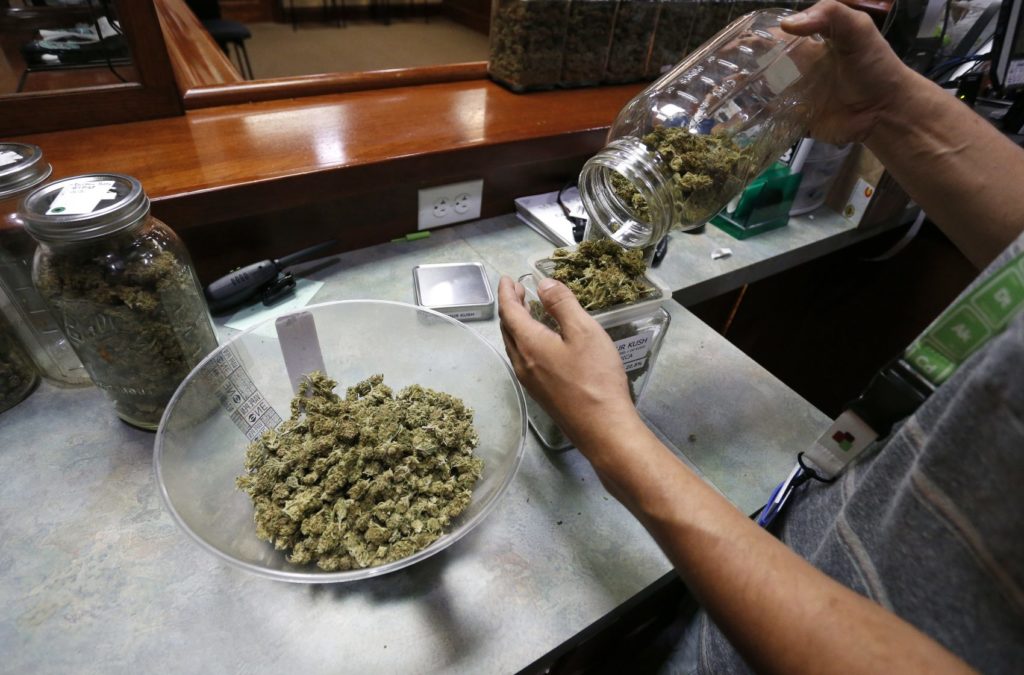
Several states have implemented a marijuana social equity plan in response to the legalization of cannabis for recreational or adult-use. Most importantly, each plan’s objective is to give back to communities that have felt a substantial impact from previous marijuana laws.
The States that Offer Equity Plans
There are several states that offer some type of social equity plan. However, when compared each equity plan has unique attributes. For Example, below are details on how different states have utilized marijuana social equity plans.
California Equity Plan
Currently, the Mission of the Social Equity Program in California is to promote equitable ownership and employment in the cannabis industry. This promotion will address 2 areas. The program will decrease the disparities in life outcomes for marginalized communities. The program will also address the disproportionate impacts of the War on Drugs in those communities. In addition, the California Cannabis Equity Act of 2018, and the Budget Act of 2019 appropriated funding for the state to provide to local jurisdictions. This funding will help develop and operate local cannabis equity programs. These acts focus on including and supporting individuals in California’s legal cannabis marketplace who are from communities that have seen disproportionate impact by previous cannabis law enforcement. After initial registry from a qualifying individual, the department will hold a lottery drawing to pick the chosen license holders.
Illinois Social Equity
Similarly, through Illinois Adult-Use Cannabis Social Equity Program, the Department of Commerce and Economic Opportunity (DCEO) commits to connecting people that have been historically impacted by arrests for cannabis with the opportunity to participate in the cannabis industry. As part of these efforts, DCEO has developed a network of technical assistance providers that are available to assist social equity applicants in their quest to procure and retain a cannabis business license. Additionally, DCEO established the Social Equity Cannabis Loan Program for the purposes of providing financial assistance to social equity applicants. Illinois Social Equity plan provides technical assistance with application writing, reduced license fees, and access to low interest loans.
New York Equity Plan
The Office of Cannabis Management (OCM) will create a social and economic equity program. The program will encourage communities disproportionally harmed by disparate drug enforcement to participate in the marijuana industry. The MRTA incentivizes participation for individuals disproportionally impacted by cannabis prohibition. Additionally, the Department automatically expunges an individual’s past marijuana convictions. Finally, the department invests 40% of the adult use cannabis tax revenue toward rebuilding communities. The MRTA has a goal to award 50% of all adult-use licenses to social equity applicants. Factors that will increase the probability of winning a license include; the applicant having an income lower than 80% of the median in the county the applicant resides, lives in a community disproportionately impacted by the enforcement of previous cannabis laws, and has been or is related to someone who has been previously convicted of a marijuana crime. Read more about New York Social Equity Plan HERE.
Connecticut Marijuana Equity Plan
The Social Equity Council of Connecticut was developed in order to make sure the adult-use cannabis program is grown equitably. The SEC also ensures that adult-use cannabis program will bring back funds to the communities hit hardest by the “war on drugs”. The law takes a comprehensive approach to promoting social equity, focused on the neighborhoods disproportionately impacted. It provides for expungement of past cannabis-related crimes. It also reserves half of all cannabis business licenses for people from impacted neighborhoods. Lastly, the SEC will dedicate a portion of the revenue from cannabis sales to the new equity fund. This fund will invest in the neighborhoods impacted hardest by the enforcement of marijuana laws.
Arizona Social Equity Plan
Proposition 207 passed in November 2020 and legalized adult use marijuana in Arizona. Additionally, it requires the Arizona Department of Health Services to promote the ownership of marijuana establishments by individuals from communities disproportionately impacted by the enforcement of previous laws. There are three qualifications for the marijuana social equity plan in Arizona. The individual must live in an area identified by the department, make less than 400% of the national poverty level, and have been convicted of a previous marijuana crime. After initial registry, the department will hold a lottery drawing to pick the chosen 26 licenses available. Read more about Arizona Social Equity Program HERE.
